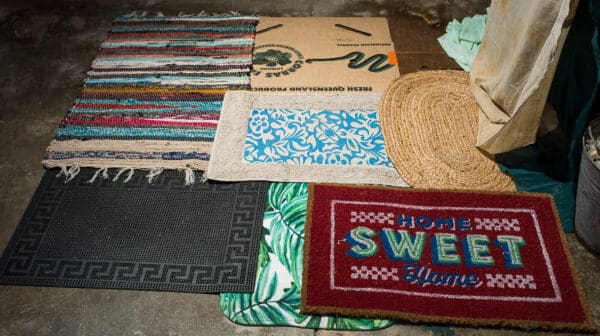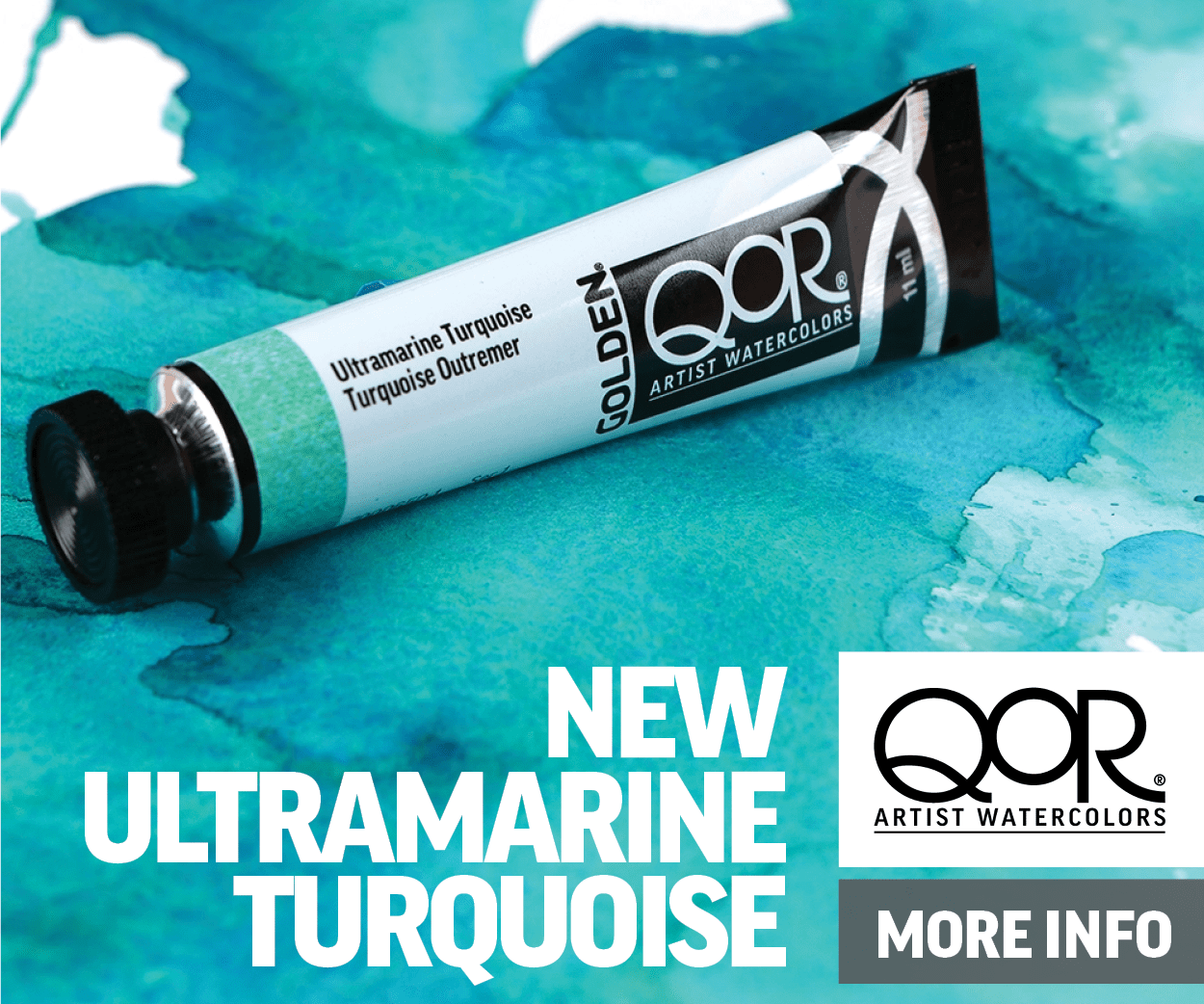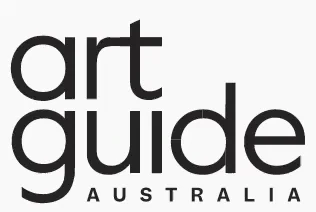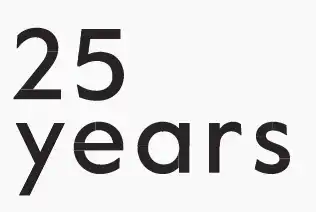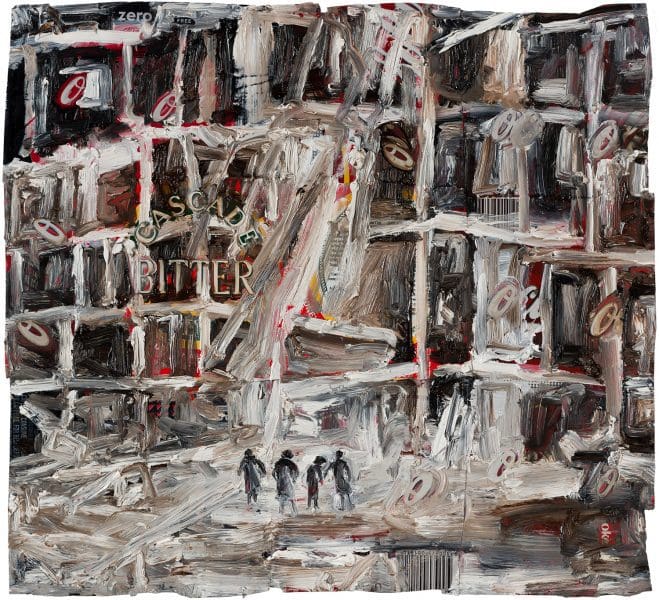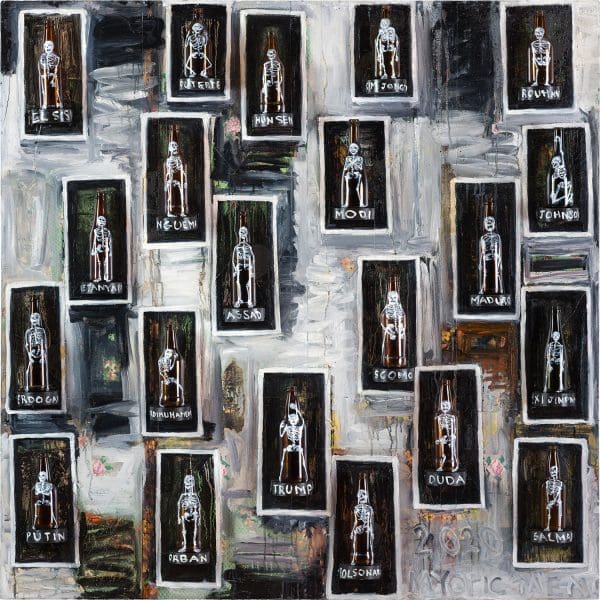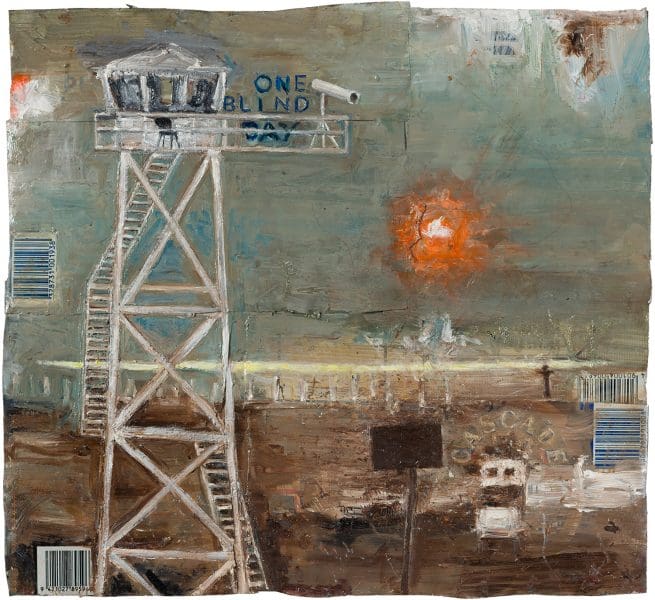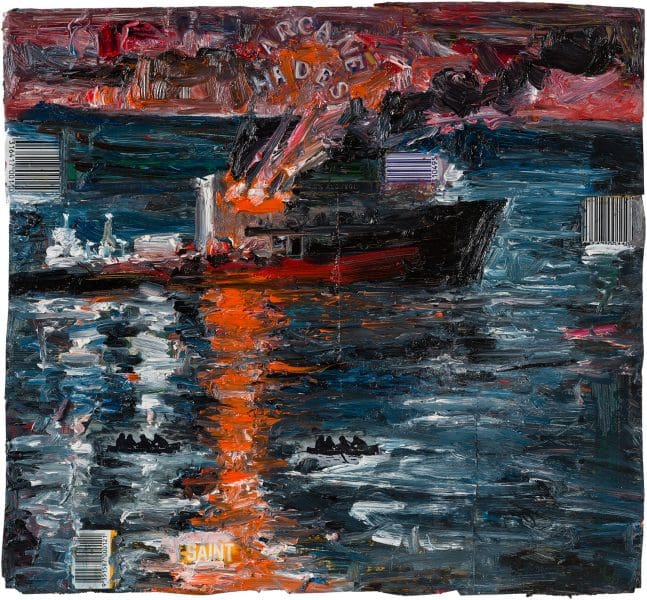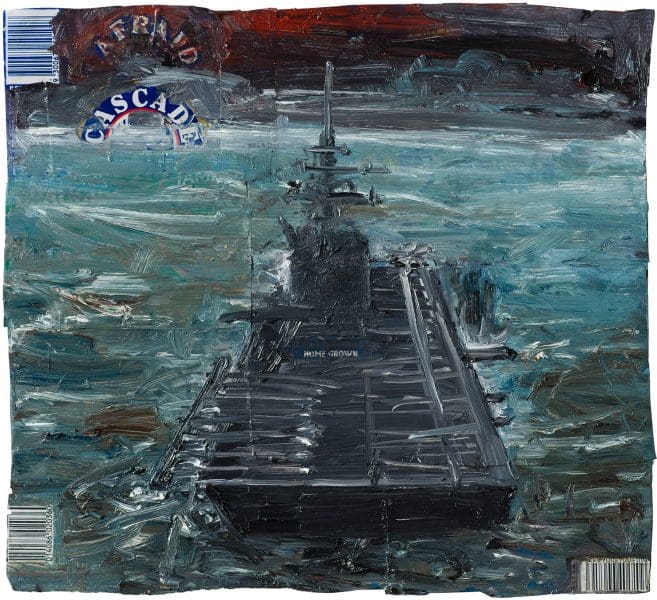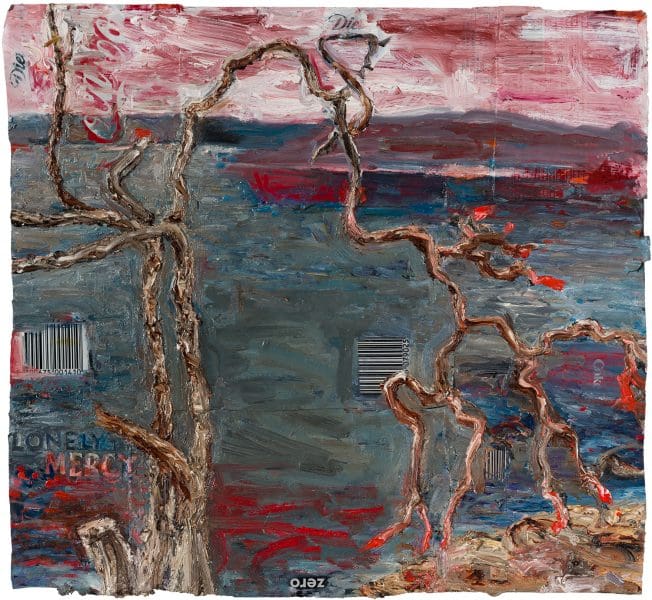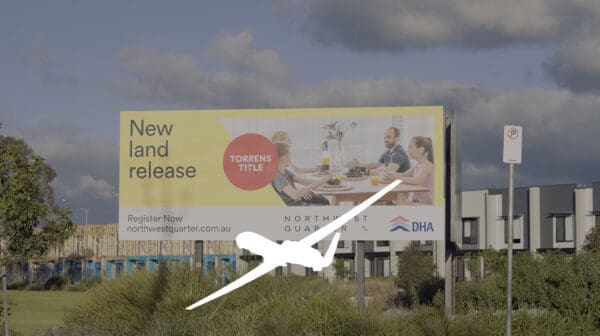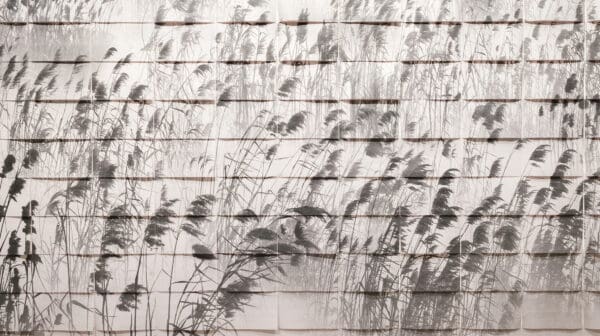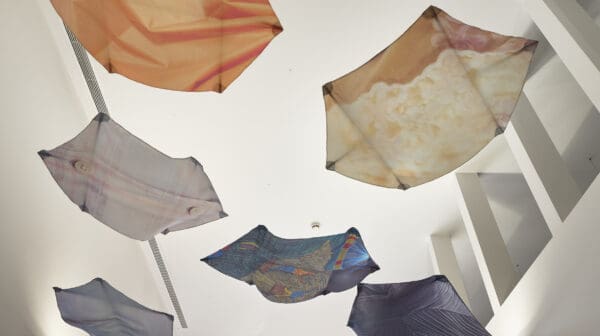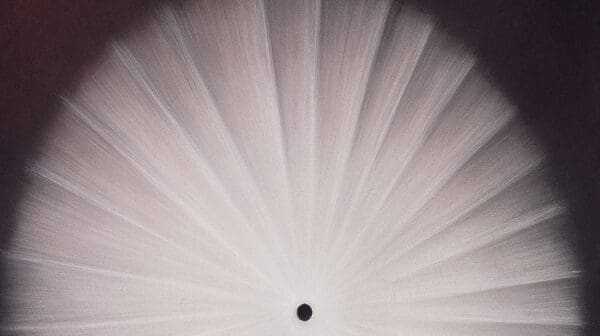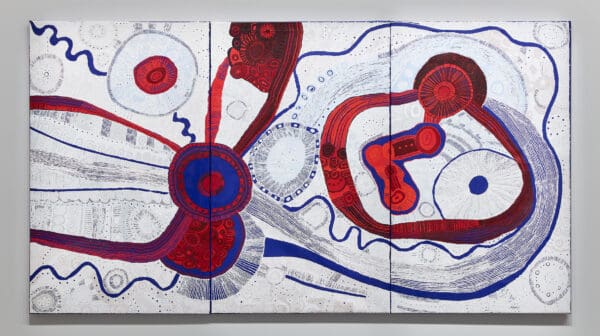For Fiona Hall, the things we throw away aren’t empty of meaning. They hold clues to the stories we tell ourselves and the invisible values that shape the world. Over the last four decades, Hall has turned half-open sardine cans into erotic displays of human anatomy. She has spun shredded dollar bills into bird’s nests and made elaborate installations from cuckoo clocks; their nonstop ticking a nod to the way time accelerates under late-stage capitalism, fuelling global political crises and heightening ecological change. With this last work, Wrong Way Time, Hall represented Australia at the 2015 Venice Biennale.
Today, the concerns that have driven Hall’s artistic trajectory are reaching fever pitch. Afraid Cascade, her new exhibition at Roslyn Oxley Gallery, on show as part of Art Month Sydney, takes the artist’s long-time interest in material possibilities to their logical end.
“In recent times, the whole idea of recycling has been the catchphrase for our global calamity – the dilemma of what to do with all the materials we keep on manufacturing?” she says. “It’s not just about how we use the materials but the economy [with which] we use them. So much contemporary art depends on such heavy usage of materials in order to realise the work. I have become aware of not just trying to use recycled materials for the sake of it as time goes by. But everyday materials that are discarded are like the garbage tip of our culture. I’m interested in how [they can create] a potent aspect to the work, the conceptual perspective they can bring, particularly in our beleaguered times.”
Hall’s work has long been known for its intricacy and complexity. She’s always understood the taxonomy of the things around us, the way humble objects – a VHS tape, a piece of bread – can throw up a universe of histories and associations. But in Afraid Cascade she is more interested in the power of economy, the ability to use a little to say a lot.
In Forest Floor, 2018, for example, skeletal limbs hand-painted on broken beer bottles evoke the fragility of human existence. The work, originally titled Lay Me Down, references the legacy of violence. But it also hints at the bodies – refugees, transient workers – that have become the flotsam and jetsam of our culture or prop up the systems that we profit from and enjoy.
“The work was constructed around the idea of a mass grave and just consists of paint on glass,” she says. “It is metaphoric of debris but also the idea of human collateral. A lot of the work in the coming show is really drawing parallels with the expendability of humanity. The plight of such a high percentage of humankind is just to eke out some kind of existence but from a political perspective, that very existence is under threat from so many dominating regimes and systems.”
Afraid Cascade also features a new series of paintings, made on the surface of flattened beer cans. One image depicts a warship sailing on a swathe of blue, the graphics made famous by the beer brand faintly visible under her brushstrokes. The work speaks to Hall’s talent for combining conflicting emotional registers. It riffs on the way that even small acts of consumption can have sweeping consequences and sheds light on the psychic contradictions of being alive today.
“They are [based on] ideas that I have formulated in very recent times and my growing awareness and heightened ability to get a material or concept to sit together,” she says. “The [advertising] intervenes and interacts with the painted image. In some way or another, they are all politicised little works.”
Afraid Cascade
Fiona Hall
Roslyn Oxley9 Gallery
6 March – 28 March
Currently open by appointment only
